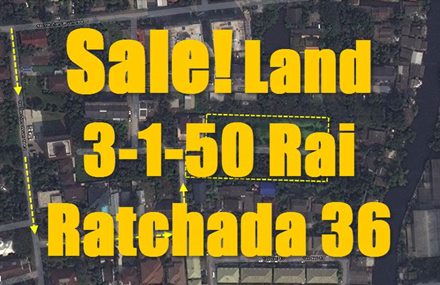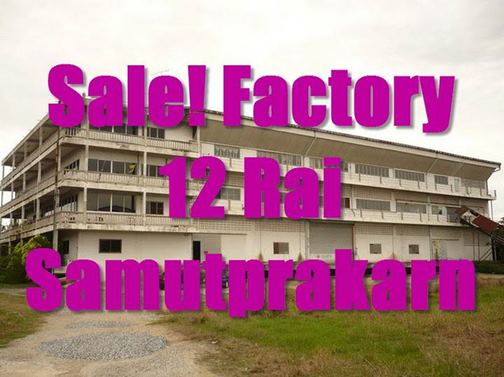
According to The Jakarta Globe, Knight Frank Indonesia, a property research and consulting company, expects Indonesia’s property market to remain stable until the end of the year, despite a new central bank rule allowing the raise of the minimum down payment during purchase of a home.
Nicholas Holt, director of research at Knight Frank’s Asia-Pacific department, said in a statement that prices in Indonesia’s property market is expected to increase faster in comparison to other Southeast Asian countries. With continuous, stable inflation and a large middle class that requires housing, these factors will support property growth, he notes.
A survey held by Bank Indonesia showed that housing prices in major cities grew a total of 3.6 per cent during the first quarter of this year as compared to the same period of last year, however housing prices have slowed to 0.8 per cent in comparison to the 1.2 per cent growth during the fourth quarter of last year.
Nicholas Holt, director of research at Knight Frank’s Asia-Pacific department, said in a statement that prices in Indonesia’s property market is expected to increase faster in comparison to other Southeast Asian countries. With continuous, stable inflation and a large middle class that requires housing, these factors will support property growth, he notes.
A survey held by Bank Indonesia showed that housing prices in major cities grew a total of 3.6 per cent during the first quarter of this year as compared to the same period of last year, however housing prices have slowed to 0.8 per cent in comparison to the 1.2 per cent growth during the fourth quarter of last year.
According to Hasan Pamudji, the senior manager of research at Frank Knight Indonesia, the country’s excellent first quarter growth will secure its rank at 21st place out of 53 countries with the highest price growth. He expects continual growth in Indonesia’s market.
Starting from Friday, financial regulators will begin to enforce a minimum down payment of 30 per cent for customers purchasing property with loans. Housing down payments were not usually regulated but banks often asked for a 20 per cent down payment. The government decided to withdraw housing financing liquidity facility loans for houses 36 square metres or less.
Fakky Ismail Hidayat, senior associate director at the company, believes the demand for housing would continue to rise despite the new government regulations, and notes that developers are expecting a strong chance of a price increase in the suburban area of Jakarta. He adds that the down payment regulation may cause the housing market’s middle segment to slow down, however the change would not be significant.
Middle and upper class properties, he said, are still performing adequately in comparison to other areas, however the market will be overseeing transactions for housing worth over Rp500 million (US$54,000). Fakky adds that developers will be more forceful in releasing new products, especially the higher ranged, more expensive luxury properties with prices starting from Rp2 billion (US$213,000) and upwards. He estimates an increase in the average price growth by 10 to 20 per cent in suburban Jakarta.
According to The Jakarta Globe, executives in both property and automotive sectors believe the demand will remain stable and strong, regardless of the new consumer rules for purchases.
Ciputra Development’s corporate secretary, Tulus Santosa, has said the property developer is willing to wait a few months to analyse the consequences of the new policies but remained confident it would reach its goal of Rp6.4 trillion (US$680M) in sales this year. The hefty amount is almost three times more than the amount of homes it sold in 2011.
by Property Report
Starting from Friday, financial regulators will begin to enforce a minimum down payment of 30 per cent for customers purchasing property with loans. Housing down payments were not usually regulated but banks often asked for a 20 per cent down payment. The government decided to withdraw housing financing liquidity facility loans for houses 36 square metres or less.
Fakky Ismail Hidayat, senior associate director at the company, believes the demand for housing would continue to rise despite the new government regulations, and notes that developers are expecting a strong chance of a price increase in the suburban area of Jakarta. He adds that the down payment regulation may cause the housing market’s middle segment to slow down, however the change would not be significant.
Middle and upper class properties, he said, are still performing adequately in comparison to other areas, however the market will be overseeing transactions for housing worth over Rp500 million (US$54,000). Fakky adds that developers will be more forceful in releasing new products, especially the higher ranged, more expensive luxury properties with prices starting from Rp2 billion (US$213,000) and upwards. He estimates an increase in the average price growth by 10 to 20 per cent in suburban Jakarta.
According to The Jakarta Globe, executives in both property and automotive sectors believe the demand will remain stable and strong, regardless of the new consumer rules for purchases.
Ciputra Development’s corporate secretary, Tulus Santosa, has said the property developer is willing to wait a few months to analyse the consequences of the new policies but remained confident it would reach its goal of Rp6.4 trillion (US$680M) in sales this year. The hefty amount is almost three times more than the amount of homes it sold in 2011.
by Property Report












 RSS Feed
RSS Feed
